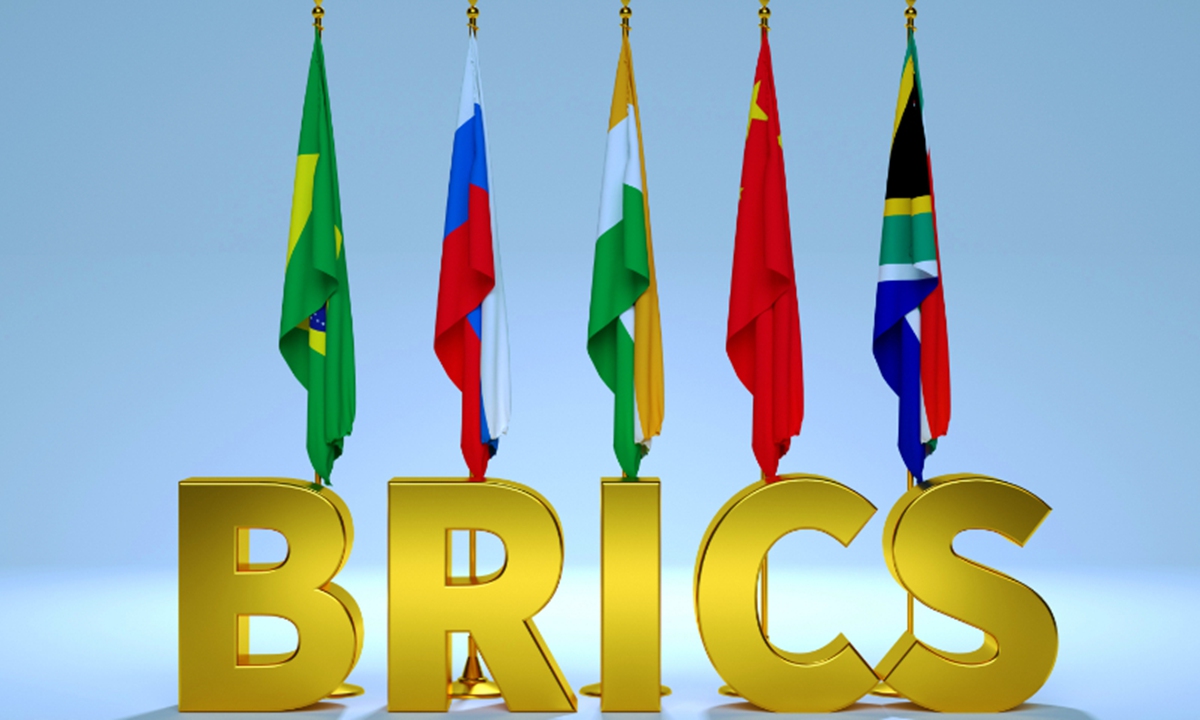The BRICS nations, consisting of Brazil, Russia, India, China, and South Africa, have set their sights on safeguarding their economies against the secondary effects of unilateral sanctions. In a powerful statement, the alliance expresses its determination to protect countries that find themselves inadvertently impacted by sanctions that are unrelated to their involvement in the underlying issues. This proactive stance by the BRICS nations highlights the need for collective action in shielding economies from the spillover effects of such measures and fostering a more equitable and just global economic landscape.
Unilateral sanctions, often imposed by powerful nations or groups of nations, can have far-reaching consequences that extend beyond their intended targets. While sanctions are meant to address specific geopolitical issues or human rights concerns, they often result in unintended collateral damage, negatively affecting countries that have no direct involvement in the underlying disputes. Such secondary effects can include disruptions to trade, investment, and financial systems, causing economic hardships and impeding the development and progress of nations caught in the crossfire.
Recognising the potential impact of these secondary effects, the BRICS nations are determined to take proactive measures to shield their economies from undue harm. The alliance aims to ensure that innocent nations are not inadvertently victimised by sanctions that have implications far beyond their original intent. By joining forces, the BRICS nations demonstrate their commitment to upholding the principles of fairness, sovereignty, and inclusivity in the international arena.
In recent years, the BRICS countries have become increasingly vocal about the need to address the adverse consequences of unilateral sanctions. They advocate for a more inclusive and transparent process in decision-making concerning sanctions and call for greater consideration of the broader implications on innocent nations. The alliance stresses the importance of multilateralism and international cooperation in resolving disputes and maintaining global peace and stability.
The BRICS nations understand that unilateral sanctions can disrupt the fabric of the global economy and hinder the progress of countries striving for development and prosperity. By taking a collective stand, they aim to create a shield against the secondary effects of sanctions, protecting the interests of innocent nations and fostering an environment conducive to equitable economic growth.
To achieve this goal, the BRICS countries seek to strengthen their economic ties, enhance trade and investment among themselves, and explore alternative mechanisms for financial transactions. By reducing their reliance on international systems that can be easily influenced or disrupted by unilateral sanctions, the alliance aims to promote economic resilience and independence.
Moreover, the BRICS nations emphasise the importance of diversifying their partnerships and reducing their exposure to potential sanctions. They actively seek to forge stronger ties with countries beyond the traditional Western sphere of influence, creating a more balanced and multipolar global economic landscape. By expanding their network of alliances and collaborations, the BRICS nations can mitigate the impact of unilateral sanctions and build a more robust and interconnected economic system.
While the road ahead may be challenging, the determination of the BRICS nations to protect innocent nations from the secondary effects of unilateral sanctions is a testament to their commitment to fairness, solidarity, and global justice. By leveraging their collective strength, these emerging economies aim to create a more equitable and inclusive international order, one that promotes cooperation, dialogue, and mutual respect among nations.
The BRICS alliance’s proactive approach to addressing the unintended consequences of unilateral sanctions is a call to action for the international community. It prompts other nations to join in the pursuit of a fairer and more balanced global economic system, where the well-being and development of innocent nations are not compromised by geopolitical disputes.
As the BRICS nations assert their determination to shield economies from the secondary effects of sanctions, the international community should take note. The collective action and solidarity displayed by these emerging economies serve as a powerful reminder that the pursuit of justice and equity requires collaboration, dialogue, and a commitment to protect the interests of all nations.














